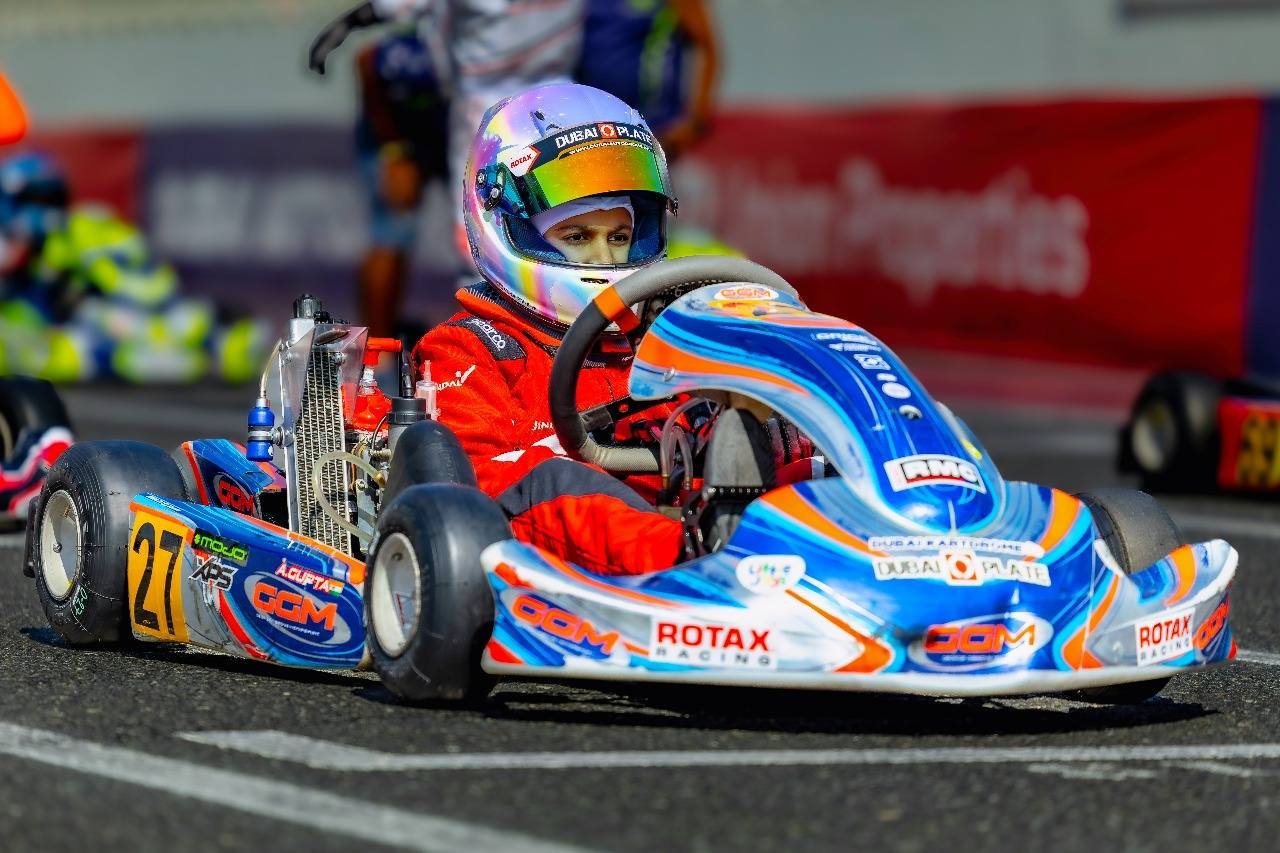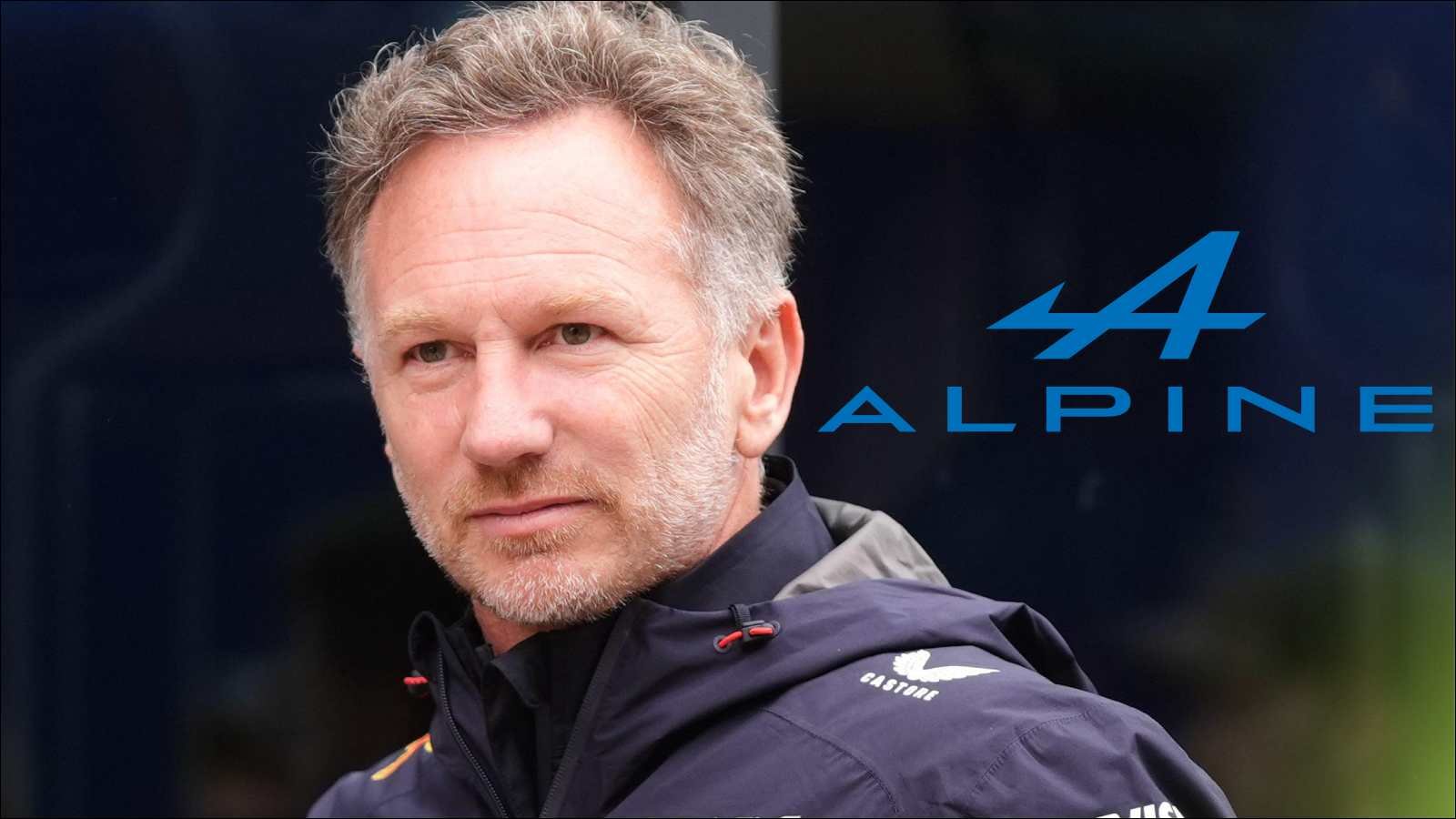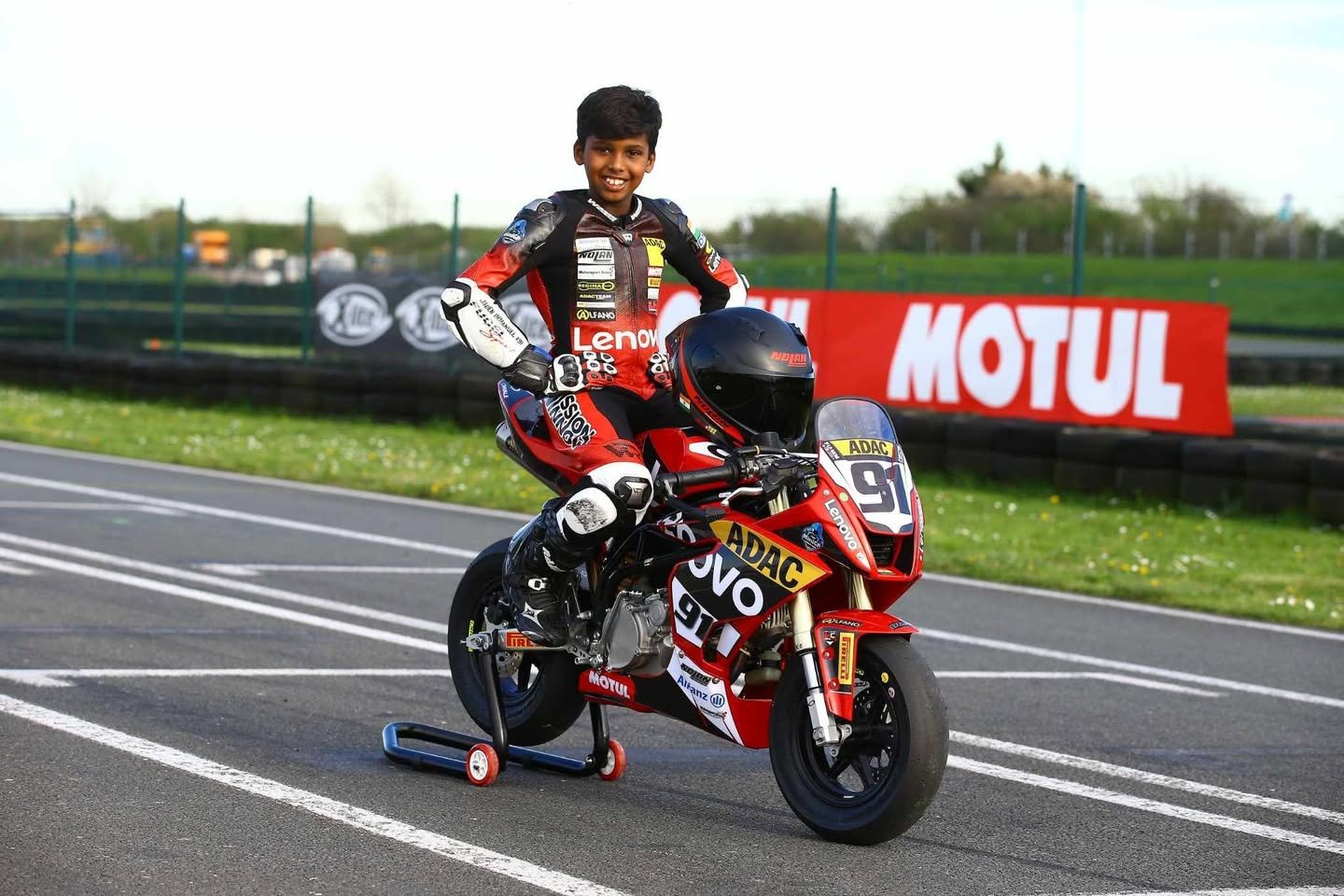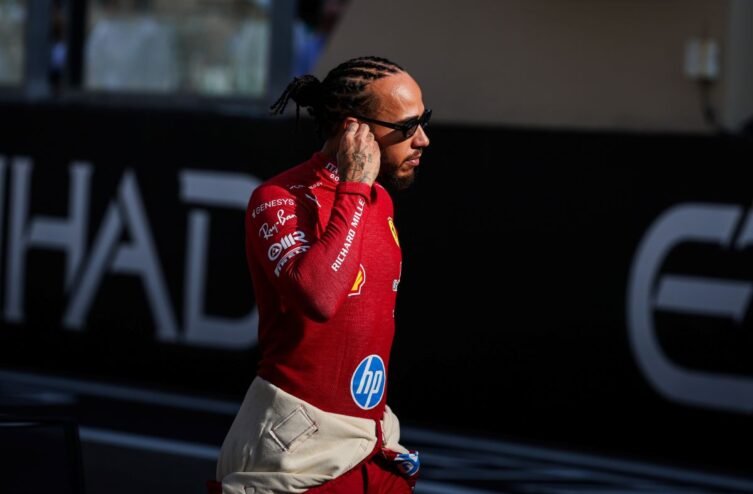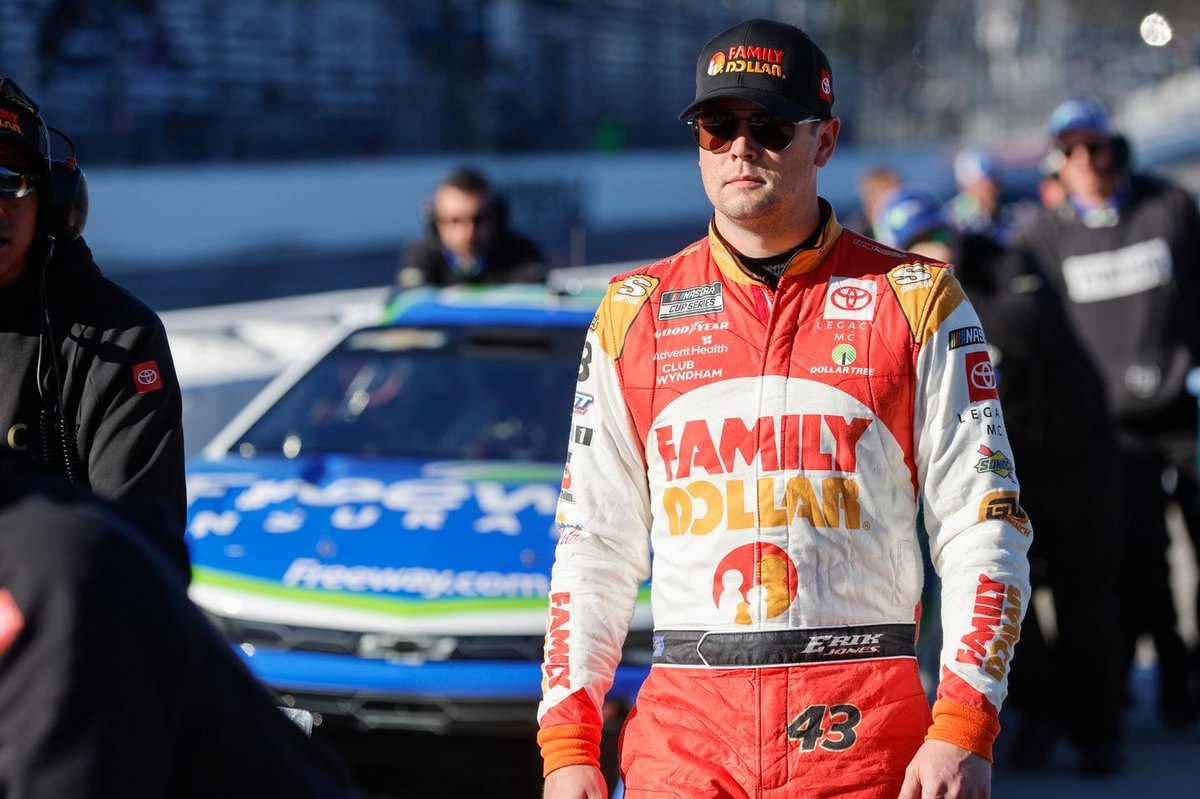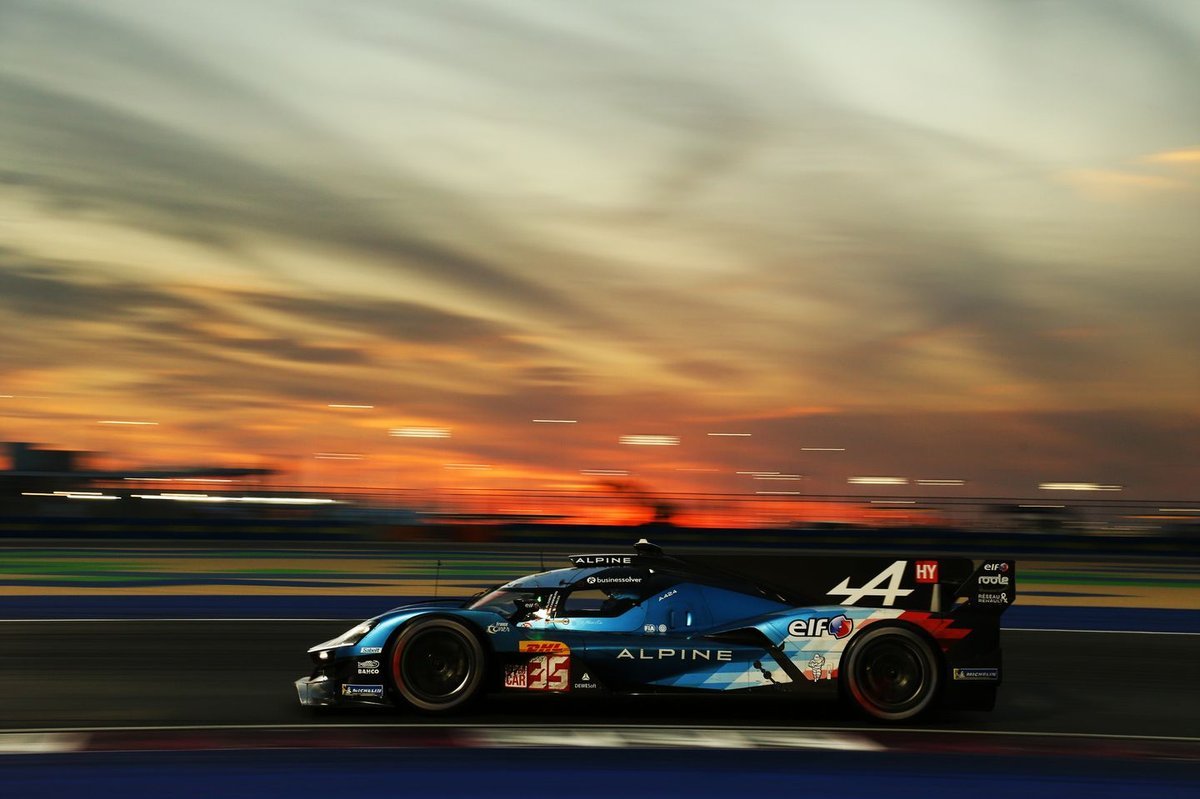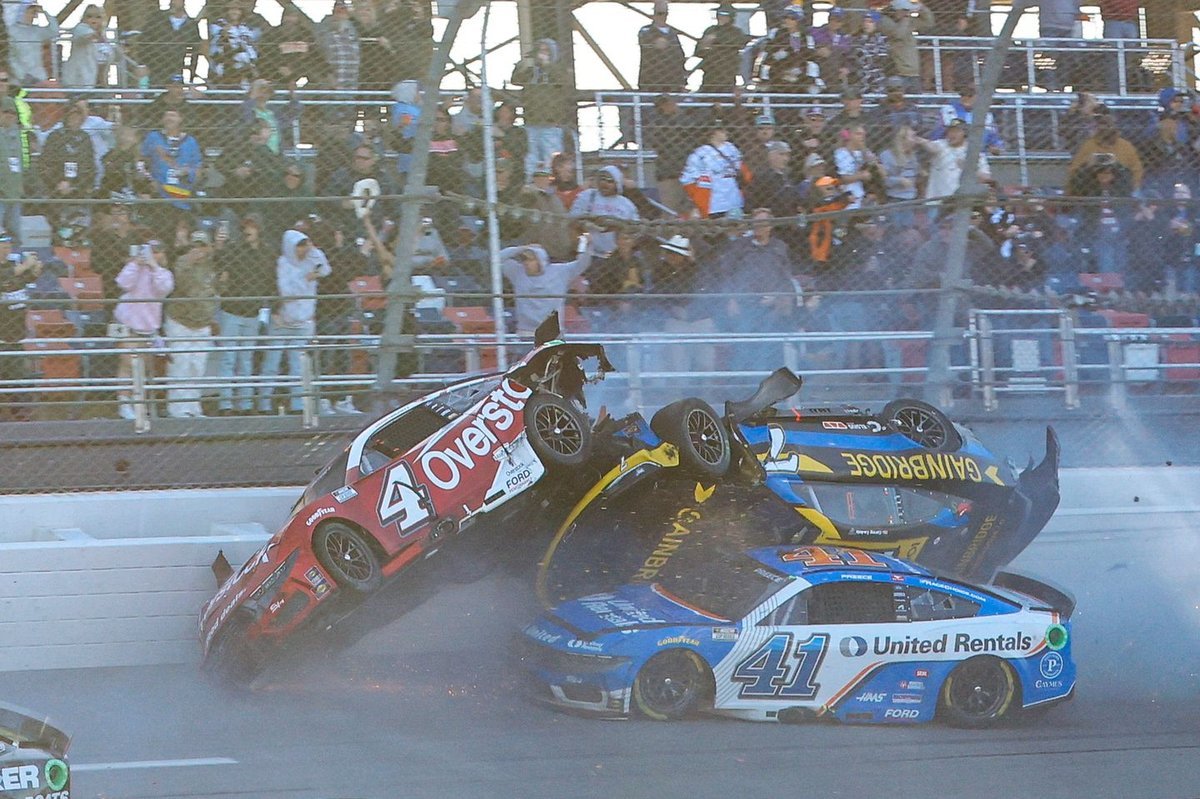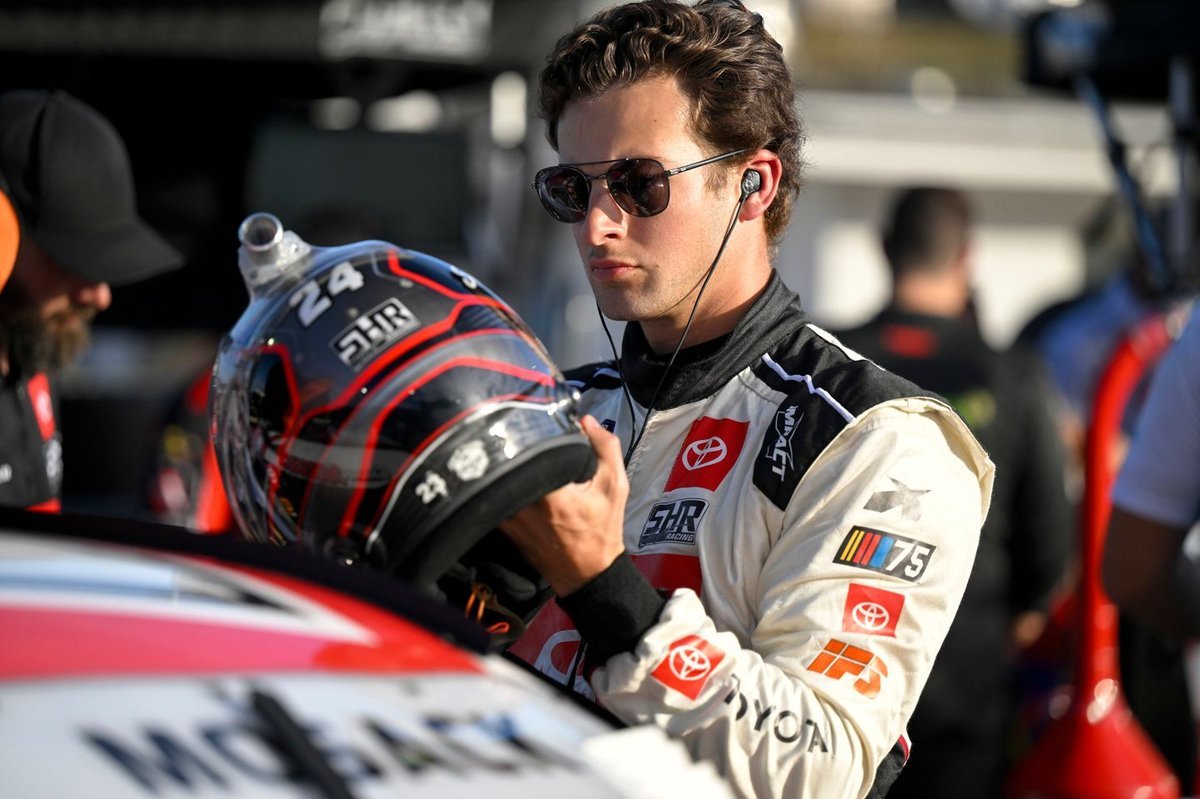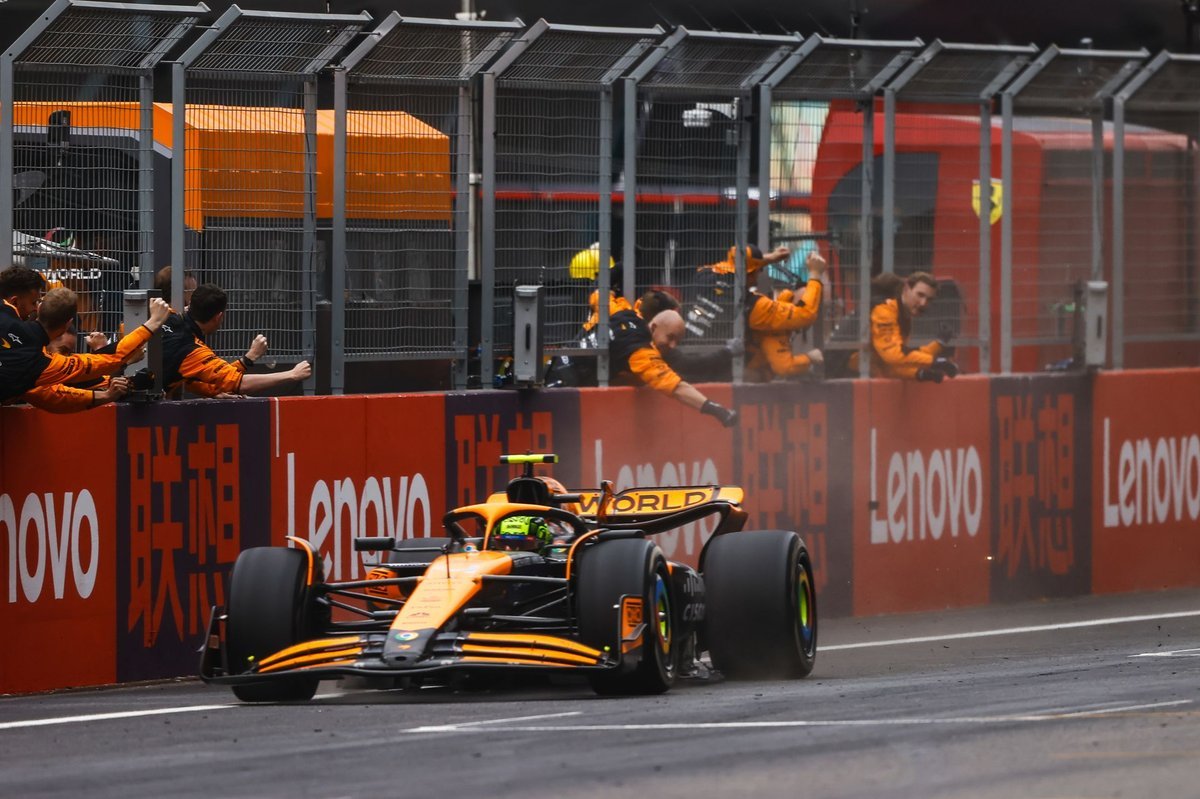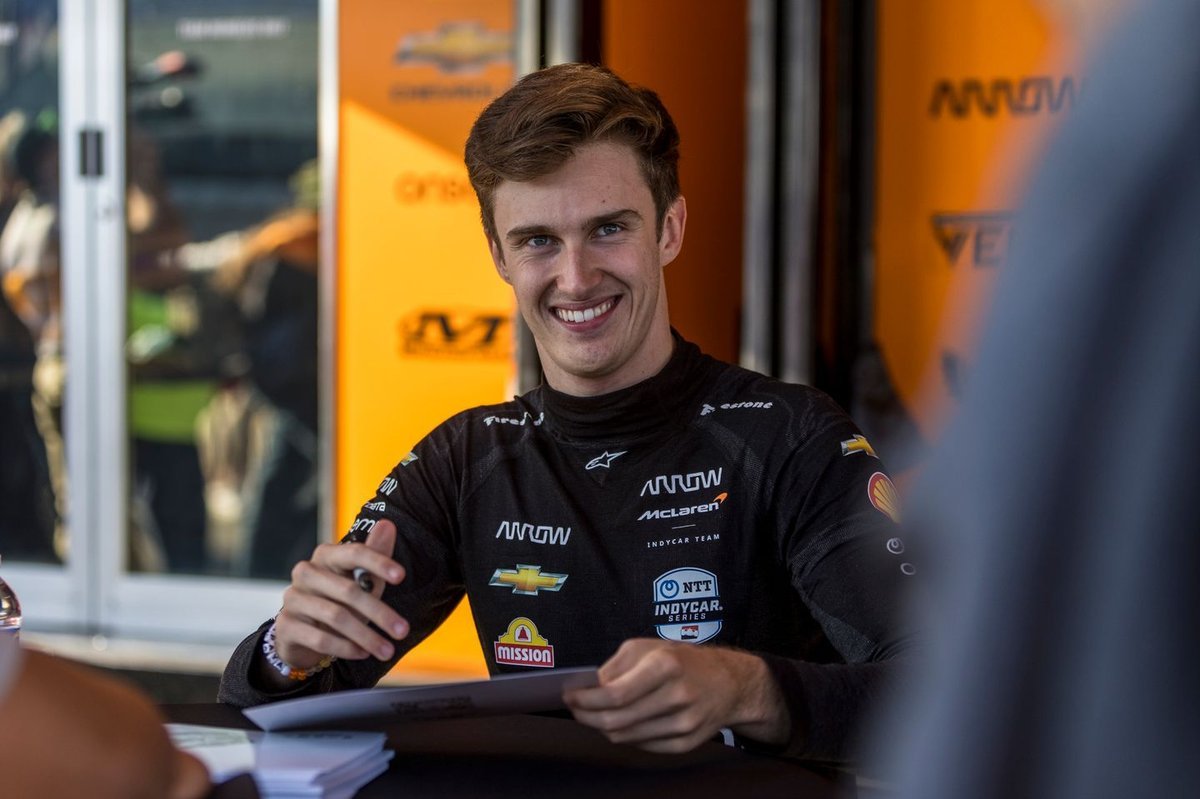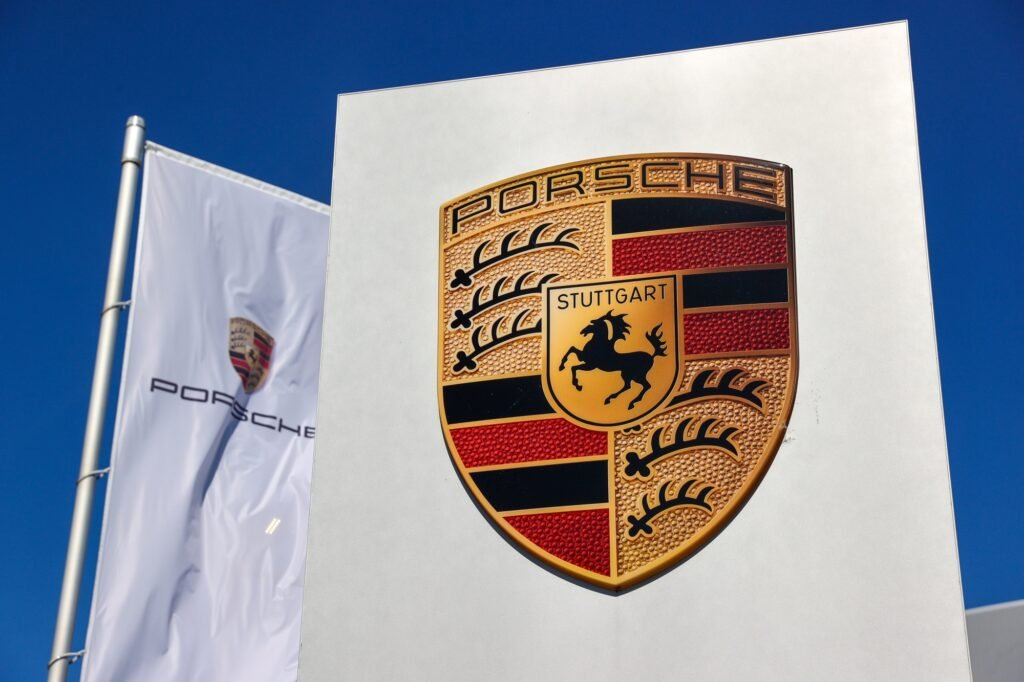
Source – Bloomberg
Thomas Laudenbach, the head of Porsche Motorsport, says the company has no plans to revive its Formula 1 ambitions.
In a significant turn of events, Porsche has officially shelved its Formula 1 ambitions, opting to concentrate its efforts on other areas of motorsport. The move comes after a turbulent period of negotiations and shifting priorities that ultimately led to Porsche stepping away from a potential partnership with Red Bull and a broader F1 engagement.
The saga began in 2022 when the Volkswagen Group, Porsche’s parent company, gave its subsidiaries the green light to enter Formula 1. Porsche and Audi were both poised to make major moves in the sport. Audi swiftly secured a deal to partner with and eventually acquire Sauber Motorsport, marking its entrance into F1. Porsche, however, found itself at a crossroads with Red Bull Racing.
Initial discussions between Porsche and Red Bull were promising. A handshake agreement was reportedly in place for Porsche to acquire a significant stake in Red Bull Technologies, the entity responsible for operating the F1 team based in Milton Keynes. This partnership seemed like a natural fit, combining Porsche’s storied motorsport legacy with Red Bull’s innovative prowess. Yet, the deal was abruptly called off in September 2022.
The breakdown in negotiations was rooted in Red Bull’s reluctance to compromise its decision-making autonomy. Red Bull, known for its independent approach and flexibility, was unwilling to cede control, a non-negotiable point for Porsche. This disagreement ultimately led to the dissolution of the planned venture, leaving Porsche to reassess its motorsport strategy.Source – Autosports
As time passed, it became increasingly clear that Porsche’s interest in F1 was waning. By late 2023, Porsche made a decisive statement regarding its future in the sport. Porsche’s Laudenbach confirmed that F1 was no longer on the company’s radar. “It is off the table: right now F1 is not a task for us and we are not spending any energy on that,” Laudenbach explained in a report from Motorsport.com. The focus for Porsche has shifted to its existing and evolving motorsport commitments, reflecting a strategic pivot rather than a mere sideline.
Porsche’s motorsport portfolio is indeed rich and diverse. The brand remains heavily involved in various high-profile racing activities, showcasing its engineering excellence and competitive spirit. Porsche’s current motorsport engagements include GT racing, endurance racing, and the FIA Formula E Championship. Each of these disciplines aligns with Porsche’s strategic goals and technical strengths.
In GT racing, Porsche’s presence spans from customer racing and track days to professional GT3 series. The brand’s commitment to endurance racing is exemplified by its participation in the World Endurance Championship (WEC) and the IMSA SportsCar Championship with the 963 LMDh, in partnership with Penske. This commitment underscores Porsche’s dedication to both the tradition and innovation of endurance racing.Source – F1i.com
The electrification of Porsche’s brand is a critical focus, and this is reflected in its engagement with Formula E, the premier full-electric racing series. Porsche’s involvement in Formula E aligns with its broader strategy of embracing sustainable and cutting-edge technologies. Formula E represents an essential platform for Porsche to advance its electric vehicle technology and demonstrate its commitment to a greener future.Source – F1i.com
Porsche’s historical relationship with Formula 1 has been marked by both triumphs and challenges. The brand achieved its sole Grand Prix victory in 1962 with Dan Gurney’s win at the French Grand Prix. In the 1980s, Porsche’s turbo power units contributed to McLaren’s dominance, with Alain Prost and Niki Lauda among the stars benefiting from Porsche’s engineering. However, Porsche’s brief return to F1 in 1991 with the Footwork team ended in disappointment, leading to a prolonged absence from the sport.
Despite the historical allure of Formula 1, Porsche’s decision to forgo a return at this time is a strategic one. The company’s focus on GT racing, endurance events, and electric racing reflects its broader goals and priorities. Porsche’s motorsport strategy is now firmly anchored in these areas, allowing the company to concentrate on its strengths and future ambitions without the added complexity of F1 involvement.
As Porsche continues to thrive in its chosen racing disciplines, the decision to step away from Formula 1 marks a clear and deliberate shift in its motorsport strategy. For now, the brand is channeling its resources and expertise into areas where it sees the most promise and opportunity, reaffirming its commitment to innovation, sustainability, and competitive excellence across its diverse racing programs.


